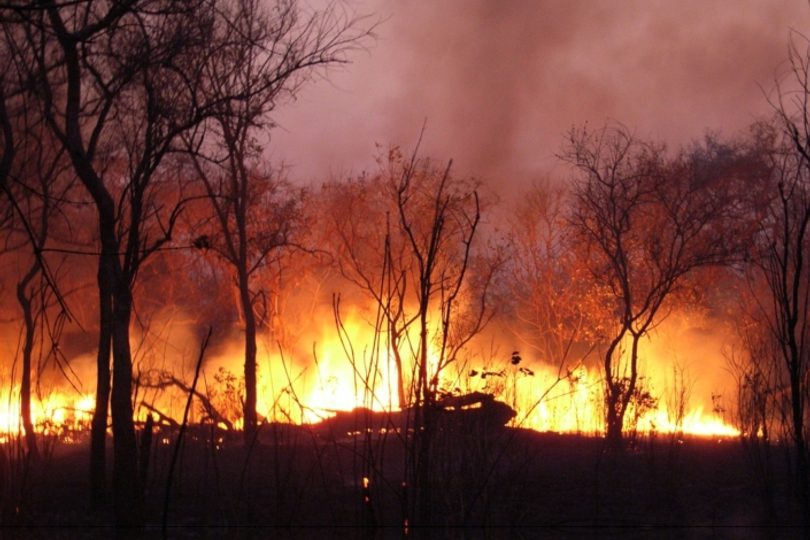
The received wisdom of a positive link between biodiverse, intact forest landscapes and human wellbeing is used to justify large-scale forest restoration and underpins arguments about how forests can contribute to the SDGs. However, this assumption is largely untested and rarely socially disaggregated, including in southern Africa.
Dr Ryan will use remote sensing, household surveys and ecological methods to present an analysis of the impacts of land use change in 30 villages in the southern African woodlands, showing that: a) there is no evidence that household multidimensional wellbeing or natural resource use decreases as landscapes are deforested and “degraded”; b) this pattern holds true even among the poorest, who might be expected to be most dependent on the wild, commons or open access, resources that are lost; c) land-use change is causing substantial carbon and biodiversity losses. This casts doubt on simple win-win characterisations of how conservation and restoration will support poverty alleviation and improved livelihoods, such as those used by the Bonn Challenge. Instead, conservationists will need to engage with the realities of a just transition of the informal energy and agricultural sectors in the region.
This event is organised by Oxford Centre for Tropical Forests
REGISTRATION
This talk is online only
- For more information and to register: https://www.tropicalforests.ox.ac.uk/event/casey-ryan/

Dr Casey Ryan
Senior Lecturer in Ecosystem Services and Global Change, School of Geosciences, University of Edinburgh
Dr. Casey Ryan is a senior lecturer in ecosystem services and global change at the University of Edinburgh, School of GeoSciences. Broadly, he is interested in tropical land use change science and ecosystem ecology with his research mainly focused on the miombo woodlands of Southern Africa, their ecology, and the ecosystem services that they provide.
Dr. Casey’s main research topics include: Miombo woodland ecology, particularly the role of fire; land use change in woodlands and savannahs, particularly in SE Asia and Africa; the carbon cycle of tropical savannas and dry forests; the leaf phenology of seasonally dry ecosystems; tree allometry and biomass estimation; reducing emissions from deforestation and degradation (REDD), with a particular emphasis on African woodlands and shifting cultivation.
Dr. Casey employs a mixture of methods and techniques his research, from field based studies of trees and soil, to data acquired from satellites and employs computer modelling and GIS techniques for much of his work. Current select projects include: ACES, Abrupt Changes in Ecosystem Services and Wellbeing in Mozambican Woodlands; Streamlining Monitoring for Smallholder and Community PES (SMS-PES); and the SHAMBA tool, a project aimed at developing a greenhouse gas accounting approach for Climate Smart Agriculture in Sub-Saharan Africa that is accessible to non-specialists and is applicable across a broad range of environmental conditions and land use interventions in partnership with many local research institutions and project developers in Mozambique, Malawi, and Zambia.
Keep in touch
If you found this page useful, sign up to our monthly digest of the latest news and events
Subscribe